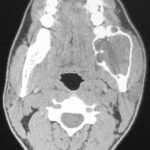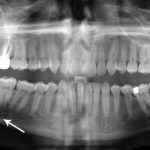
This review evaluating the efficacy of various radical and conservative surgical approaches in reducing recurrence rate for the treatment of solid/multicystic ameloblastoma included 7 retrospective cohort studies.The findings suggest that segmental resection was the best approach but the certainty of the evidence is low.
[read the full story...]


